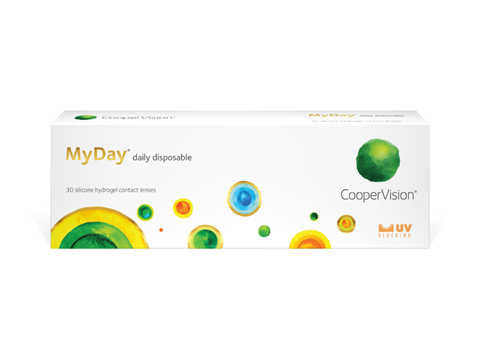
TotalEnergies and CooperVision have incorporated certified renewable polypropylene, derived from feedstock like sunflower and rapeseed oils, into blister packs for certain contact lens products.
Taking a mass balance approach, TotalEnergies is implementing ISCC Plus-certified polypropylene from its La Mède bio-refinery into some of CooperVision’s blister packs. The polypropylene is part of TotalEnergies’ RE:newable range and, according to a Life Cycle Analysis, reduces 2.3 kg of CO2 equivalent per kilogram of polypropylene when used to replace the company’s fossil-based equivalent.
This approach is hoped to unlock environmental benefits across the value chain, helping CooperVision improve its packaging’s environmental footprint without impacting its performance or requiring major redesigns.
It also contributes to CooperVision’s ‘Plastic Made Better’ programme, in which the company intends to increase its use of ISCC Plus-certified plastics.
“This collaboration to Coopervision’s ‘Plastic Made Better’ effort demonstrates how TotalEnergies supports the sustainability ambitions of a long-standing partner,” said TotalEnergies’ Olivier Greiner. “Enabling the valorization of bio-certified polymers in high-value applications — such as in the medical device sector — also showcases our commitment as a company to promote the circular economy and fully supports our ambition to produce one million tons of circular polymers in 2030.”
“At CooperVision, we are taking steps to minimize our environmental impact and operate more sustainably,” said CooperCompanies’ senior director, Aldo Zucaro. “Working with TotalEnergies to support our ‘Plastic Made Better’ effort means our customers and patients can participate in our sustainability journey by just choosing participating CooperVision contact lenses.”
The news comes after SÜDPACK Medica unveiled a mono-polypropylene blister solution for dietary supplement packaging. The pack is designed to align with the Packaging and Packaging Waste Regulation’s recyclability requirements while maintaining contact safety and product performance.
Henkel has also claimed that most of the cleaning balls and cages for its European Bref toilet rim blocks utilize mass-balanced materials ‘partially based’ on renewable raw materials. The company believes the plastic based on renewable raw materials will save over 10,000 tonnes of CO2 annually.
In other news, Vioneo and Lummus Technology have announced the ‘world’s first’ industrial scale fossil-free plastics production complex in Antwerp, Belgium, using Novolen polypropylene technology and green methanol as feedstock. The plant will use 100% segregated green propylene and ethylene as feedstock to produce a range of polypropylene grades, and is expected to reach a capacity of 200KTA.
If you liked this story, you might also enjoy:
The ultimate guide to the Packaging and Packaging Waste Regulation in 2025
How are the top brands progressing on packaging sustainability?
Everything you need to know about global packaging sustainability regulation in 2025
The key to increasing the use of reusable packaging in supermarkets














No comments yet